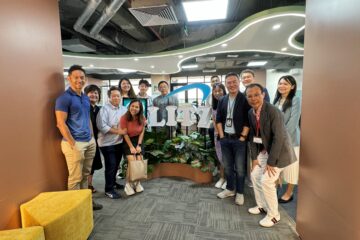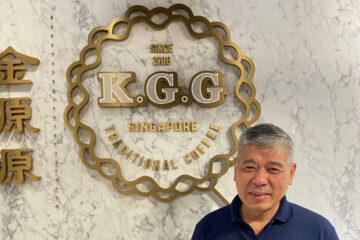
New pathways for global talent
Globalisation has been the buzz word for several decades and today there is no running away from the necessity of hiring the best talent irrespective of where they are located.

Mr Nikhil Datt (pictured left), Head of Talent Acquisition at Carousell, points out that with increased globalisation, global talent recruitment is less about the location they are based in, but rather, the skillsets they possess to work effectively with regional teams. He says, “A global talent is one who is adept at cross-cultural communication and can quickly understand local nuances in various markets.”
Global recruitment is about expanding the search or casting the net wider to find the right candidate for the role. Successful candidates need not be expatriates. He explains, “At Carousell, we believe our search for talent begins first at home, in the market where each local office is based in. For example, in our Singapore-based HQ, our fundamental focus remains on hiring from our Singapore core. Only in exceptional cases, where we are unable to find talent locally for certain roles, we would then search globally.”

Even then, Carousell has ended up with an incredibly diverse workplace comprising more than 20 nationalities across its nine regional offices. Mr Datt says that people from varying backgrounds and experiences bring different insights and perspectives to the table and this leads to more inclusive discussions which results in better decisions and outcomes.
Global hubs need to develop staying power

Mr. Charles Ferguson (pictured left), General Manager, Asia Pacific for Globalization Partners, says that if asked to name the top talent hubs in 1980, the answer would be New York, London, Tokyo and may be Hong Kong. “Forty years later, there is a burgeoning change in this landscape and the pace will grow faster as emerging economies take centre stage.”
This has led to the evolution of what he calls “sub hubs”. This trend is already noticeable. HSBC has split the role of its top leadership in Asia between China and the rest of the continent. This is not a China-only story. It is about India too, the world’s third-largest economy already by purchasing-power parity standards. The Association of Southeast Asian Nations will soon be the world’s fourth-largest economy
However, there will still be a need for a centralised hub. Mr Datt explains that the idea of a financial and business hub is to be able to facilitate discussions and collaborations across different companies. He adds, “While remote working arrangements may reduce geographical boundaries, currently it is still easier to build trust and rapport by meeting face- to- face, especially when cross-cultural communications are involved.”
Global business hubs are still relevant to facilitate this in the near future. However, as technology progresses and there are new ways to build networks and relationships globally, business hubs will need to innovate to adapt as well, he adds.
“Even for us at Carousell, where working from home is the most common arrangement, we still retain our offices as spaces for employees to work collaboratively if they prefer, and to facilitate gatherings if permissible for larger team meetings and team-bonding. While there are many benefits, remote working can’t make up for the organic casual micro interactions in the office space that help with building rapport. Companies will need to find the right balance.”
Changes in management styles
Mr. Ferguson says, “There was already a shift to remote work but the COVID-19 pandemic significantly accelerated this transformation and now it is here to stay.”
This opinion is backed by the 2021 Global Employee Survey by Globalization Partners that reveals that 63% of companies want to make remote work a permanent fixture, with 12% reporting this as already permanent. He points out that The Economist magazine had predicted in 2010 – nine years before the COVID-19 pandemic — that the majority of our work will be done in remote environments by 2030.
As remote working becomes the accepted ‘norm’, management styles and company culture need to change. Mr Ferguson observed, “Managers previously had the luxury of seeing their team, in person, every day, and management styles and company cultures evolved over time. Overnight, with teams no longer physically together, the focus on employee engagement and the need for a collaborative, productive, happy, virtual company culture became top priorities. This is where many companies turn to technology to assist in fine tuning these process and freeing up time for more one to one virtual engagement with their teams.”.
As a result, managers all over the world have had to adjust to a new way of thinking about productivity and employee engagement as well as examining a new workplace model based on outcomes rather than clock-in, clock-out system.
As global hubs strive to remain relevant, Mr. Ferguson says Singapore is gaining prominence by experimenting with guardrails around crypto currency and other blockchain technologies. “The world is already looking to Singapore as a lighthouse for governance and compliance in the metaverse,” and this bodes well for the future of the city-state.


















